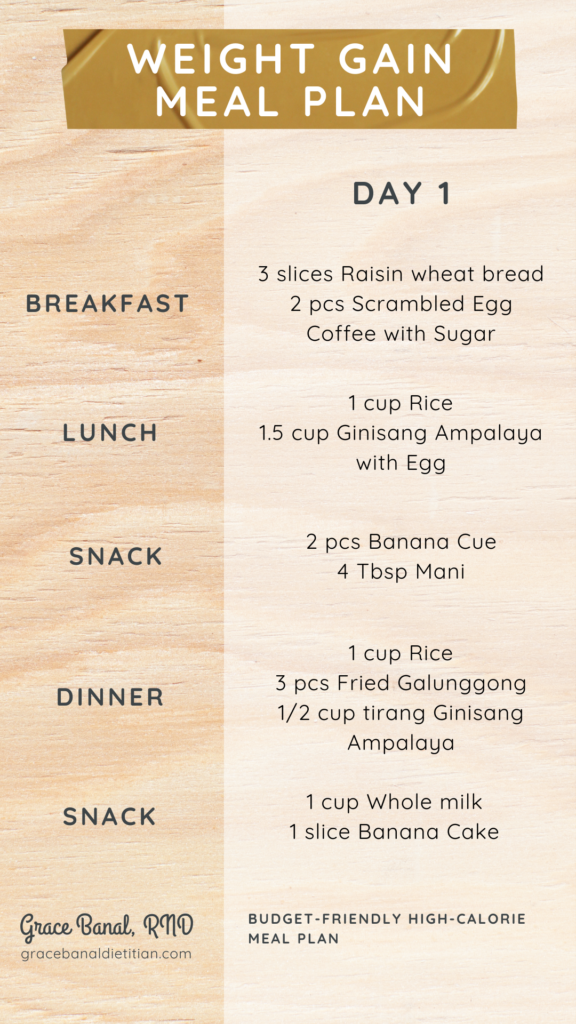Intermittent Fasting: A Modern Dieting Trend an Innovative Approach to Dieting
Recently, dieting has developed beyond mere calorie counting and meal restrictions, resulting in a multitude of approaches that cater to multiple preferences and lifestyles. With methods like intermittent fasting growing in popularity, many people are left wondering whether this trend is just a passing phase or a glimpse into the future of eating. As Continued becomes more and more health-conscious, comprehending the different types of diets available can empower individuals to make informed choices that align with their goals and values.
From the Mediterranean diet, praised by health professionals, to fashionable plans like keto and Whole30, the options can be overwhelming. Each diet comes with its own set of principles, benefits, and challenges, and what works for one person may not work for another. This article serves as your guide to navigating the world of diets, exploring the pros and cons of popular plans, and helping you identify which is the right fit for your lifestyle. Whether you’re pursuing weight loss, muscle building, or just better overall health, knowing the diverse landscape of diets is essential in making a decision that can lead to long-term success.
Overview of Common Diet Types

In the quest for improved health and weight management, different diet types have emerged to cater to different lifestyles and preferences. From the ketogenic diet, which emphasizes low carbohydrates and elevated fats, to the Mediterranean diet celebrated for its heart-healthy advantages, each diet offers individual methods to food. Many individuals find themselves drawn to popular diets such as Whole30 or intermittent fasting because of their assurances of quick results and the straightforwardness of their guidelines. Regardless of the exact plan, comprehending the foundational principles can help you choose informed choices.
Another popular diet category is the plant-based diet, which includes both vegetarian and vegan options. While veganism eliminates all animal products, a plant-based diet may concentrate more on consuming whole foods from plants while including some animal products. This difference can influence the health benefits and moral considerations of each method. Additionally, targeted diets, such as the DASH diet for managing blood pressure or the FODMAP diet for digestive health, provide targeted solutions for specific medical needs.
Weight loss and fitness-focused diets like high-protein regimens or low-carb plans have also gathered traction. These diets typically encourage shedding pounds by adjusting macronutrient ratios or total caloric intake. With so many choices available, it becomes essential to assess which diet corresponds best with your personal goals, lifestyle, and health requirements. By evaluating the pros and cons of these various diets, you can choose a nutritional path that suits your long-term health aspirations.
Health Benefits and Risks
Fasting intermittently has achieved popularity for multiple health benefits linked with its practice. Investigations imply that it can aid with losing weight by reducing calorie intake and enhancing metabolic health. Furthermore, it may improve cellular repair processes and lessen inflammation, contributing to better overall health. Some advocates assert it may have safeguarding effects toward certain diseases, such as heart disease and type II diabetes, thus becoming an attractive option for those looking to improve their wellbeing.
On the other hand, intermittent fasting is not without its risks. It may lead to adverse side effects, especially for individuals with particular health conditions, including diabetes or eating disorders. Some people may encounter fatigue, dizziness, or irritability when transitioning to this eating pattern, which can make it challenging to sustain long-term. It is important for anyone evaluating this diet to consult with a healthcare professional to assess its suitability for their individual needs.
As with every dietary approach, personal lifestyle and preferences play a significant role in the effectiveness of intermittent fasting. Although it may work well for some, it may not match all individuals’ routine or social life. Comprehending the potential benefits and risks is essential for making an educated decision that corresponds to one’s health goals and lifestyle choices.
Selecting the Proper Diet for Yourself
Choosing a diet that fits your way of life and goals can significantly enhance your journey toward well-being and well-being. Commence by reviewing your daily routine, likes and dislikes, and any preexisting conditions you could have. For case, if you maintain a fast-paced lifestyle, a more adaptable approach like the Mediterranean or a vegetarian diet might be more suitable than a strict regimen. Understanding what you like to eat will help you adhere to your plan long-term and prevent feelings of restriction.
Next, reflect on your individual goals. Are you aiming for losing weight, increasing muscle mass, or merely sustaining a better lifestyle? For efficient weight loss, diets like the ketogenic diet or time-restricted eating can be beneficial, while high-protein diets may support muscle development. It is essential to match your preferred diet with your goals and to confirm that it is sustainable for you. Additionally, if you have any medical conditions, carrying out a bit of inquiry on specialty diets, such as the DASH plan for heart health, can be key in handling your wellness through nutrition.
In conclusion, spend your time with the decision formulation. Testing with various diets can provide insights into what is most effective for your body and mind. Be receptive to adjusting your approach as needed, and pay attention to your body's responses. If a diet feels overwhelming or unenjoyable, it may not be the suitable fit. The ideal diet is the one that grows to be a seamless part of your everyday routine, promotes your wellness targets, and promotes positive feelings both physically and in mind.